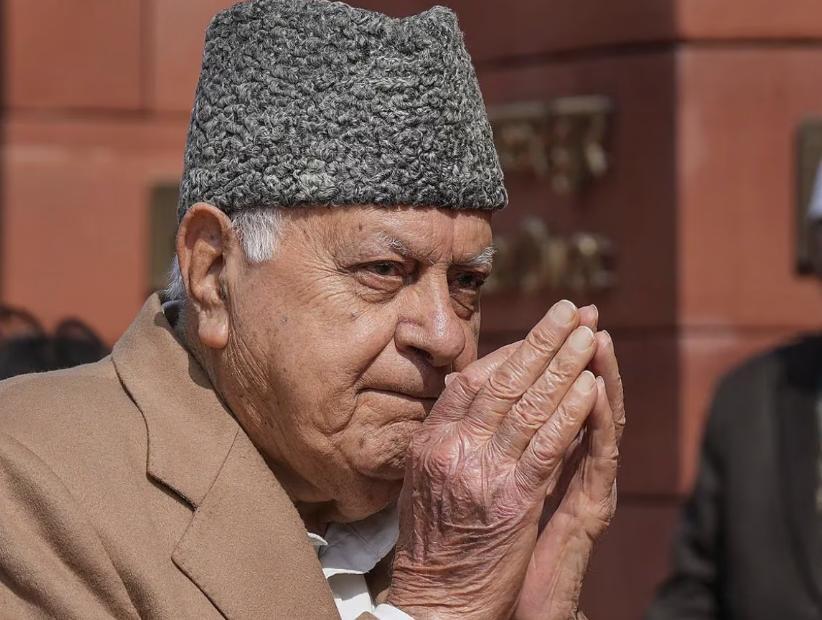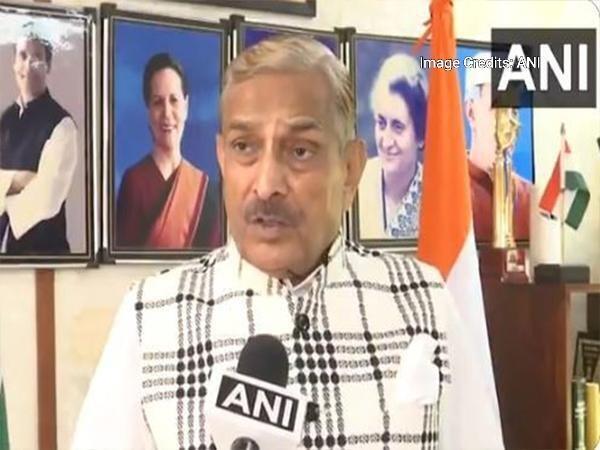
Ex-R&AW chief Dulat claims Farooq privately backed Article 370 abrogation, he denies
The abrogation of Article 370, which granted special status to Jammu and Kashmir, has been a contentious issue in India for quite some time. The government’s decision to scrap the article has been met with widespread protest and dissent from various quarters, including political leaders and separatist groups. Recently, former R&AW chief AS Dulat’s new book, “The Chief Minister and the Spy”, has caused a stir in the political arena, with Dulat claiming that former J&K CM Farooq Abdullah privately backed the abrogation of Article 370.
According to Dulat, Abdullah’s National Conference (NC) suggested that the abrogation of Article 370 would have helped in passing the Bill in Parliament. Dulat’s claim has sparked a heated debate, with Abdullah denying the allegations and calling them a “figment of imagination” of the author.
In his book, Dulat writes that Abdullah had told him that his party, the National Conference, was willing to support the abrogation of Article 370 in private. Dulat claims that he met Abdullah several times during his tenure as the R&AW chief and that Abdullah had expressed his willingness to support the move. However, Dulat also notes that Abdullah had stressed that this support would have to be kept confidential.
Abdullah has vehemently denied Dulat’s claims, saying that they are completely baseless and a product of the author’s imagination. In a statement, Abdullah said, “I have never met Dulat in private and discussed such a thing. It’s a figment of imagination of the author who claims to be my friend.”
The controversy surrounding Dulat’s claims has raised several questions about the nature of the relationship between Abdullah and the government. Many have questioned why Abdullah would support the abrogation of Article 370, which could have significant implications for the state and its people.
Some have also pointed out that Dulat’s claims are not entirely surprising, given the complex and often contentious relationship between the government and the NC. The NC has historically been a key player in J&K politics, and its leaders have often walked a fine line between supporting the government and advocating for the rights of the people.
However, others have criticized Dulat’s claims as an attempt to sensationalize and manipulate the narrative surrounding the abrogation of Article 370. They argue that Dulat’s book is an attempt to rewrite history and create a false narrative that serves the interests of the government.
The controversy surrounding Dulat’s claims has also raised questions about the role of intelligence agencies in shaping policy decisions. Dulat’s book is part of a larger trend of former intelligence officials writing about their experiences and sharing their insights with the public. While this trend can provide valuable insights into the workings of intelligence agencies, it also raises concerns about the potential for manipulation and misinformation.
In conclusion, the controversy surrounding Dulat’s claims highlights the complex and often contentious nature of J&K politics. While Dulat’s book may provide valuable insights into the workings of the intelligence agencies, it also raises questions about the role of intelligence agencies in shaping policy decisions and the potential for manipulation and misinformation.
As the debate continues to rage on, it is clear that the abrogation of Article 370 is a complex and controversial issue that will continue to shape the political landscape of Jammu and Kashmir for years to come.
Source: https://repository.inshorts.com/articles/en/PTI/5880e3bf-0a05-40d6-887a-465b5c760b3a






